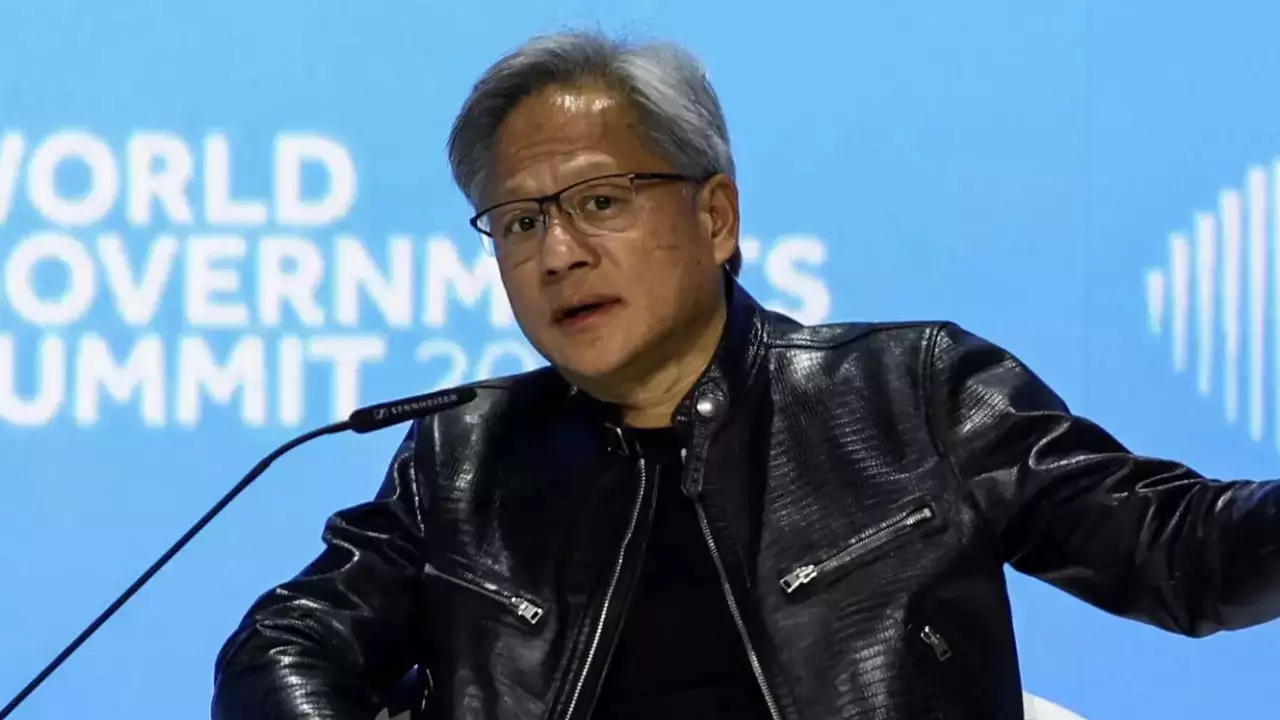
In recent discussions, Nvidia CEO Jensen Huang has made significant predictions about the future of artificial intelligence (AI), specifically regarding the development of artificial general intelligence (AGI). AGI represents a form of AI that can understand, learn, and apply intelligence in a way that is indistinguishable from human intelligence. Huang’s insights offer a glimpse into a future where AI could transform every aspect of our lives and industries.
Key Highlights:
- Rapid Advancement: AGI could be achieved within five years, depending on its definition, particularly the ability to pass diverse human tests.
- Current AI Capabilities: AI has already passed significant benchmarks, like legal bar exams, but struggles in specialized fields like gastroenterology.
- Future Expectations: In about a decade, AI’s computational capabilities are expected to increase a million times, enabling systems to learn, infer, and imagine on a much larger scale.
- Challenges Ahead: Achieving AGI hinges on understanding and replicating the complex nature of human intelligence, a goal that remains elusive due to the multifaceted nature of cognition and emotion.
- Nvidia’s Role: As a leading maker of AI chips, Nvidia plays a central role in this evolution, with its technology underpinning major AI developments, including those by OpenAI.
Understanding AGI and Its Impact
Artificial General Intelligence refers to machines that possess the ability to understand or learn any intellectual task that a human being can. This level of AI could fundamentally change the landscape of technology and society. Huang’s prediction places us on the cusp of what could be the most significant technological leap in recent history.
The Road Ahead: Challenges and Opportunities
While the potential for AGI is vast, Huang acknowledges the challenges in replicating the nuances of human intelligence. Engineers and scientists must first define what it means for AI to achieve human-like intelligence, a task complicated by our limited understanding of human cognition itself. Furthermore, as AI continues to evolve, concerns about ethical implications, security, and the impact on employment and society at large are increasingly coming to the forefront.
Nvidia’s Leading Role
Nvidia, under Huang’s leadership, has positioned itself at the forefront of this AI revolution. The company’s GPUs are critical for training complex AI models, and Nvidia continues to innovate in this space. Huang’s belief in the near-term realization of AGI underscores Nvidia’s commitment to pushing the boundaries of what AI can achieve.
This glimpse into the potential future shaped by AGI and AI advancements highlights both the excitement and the challenges that lie ahead. As we edge closer to realizing AGI, the focus will increasingly shift to not just how we can achieve it, but how we should manage its integration into society to harness its benefits while mitigating risks.